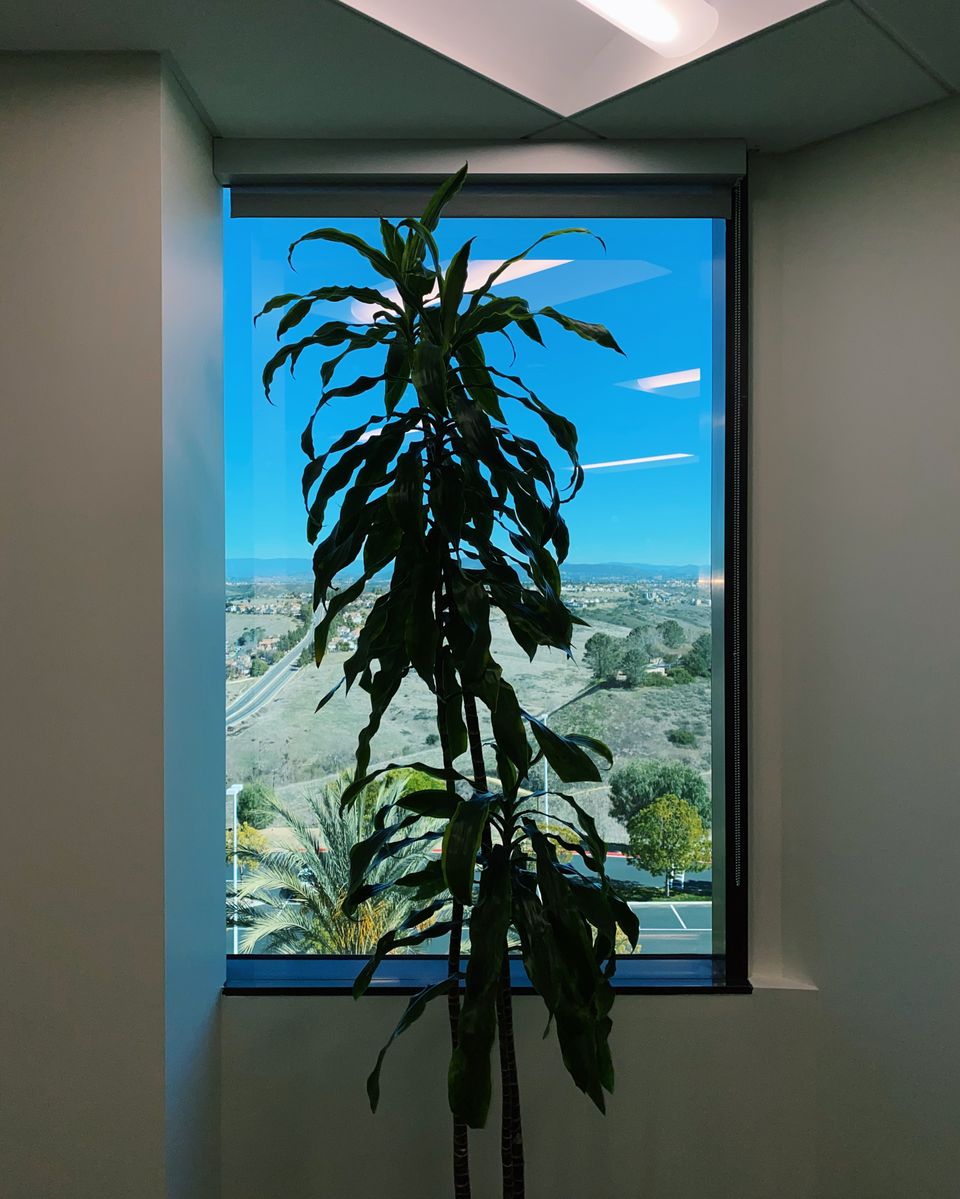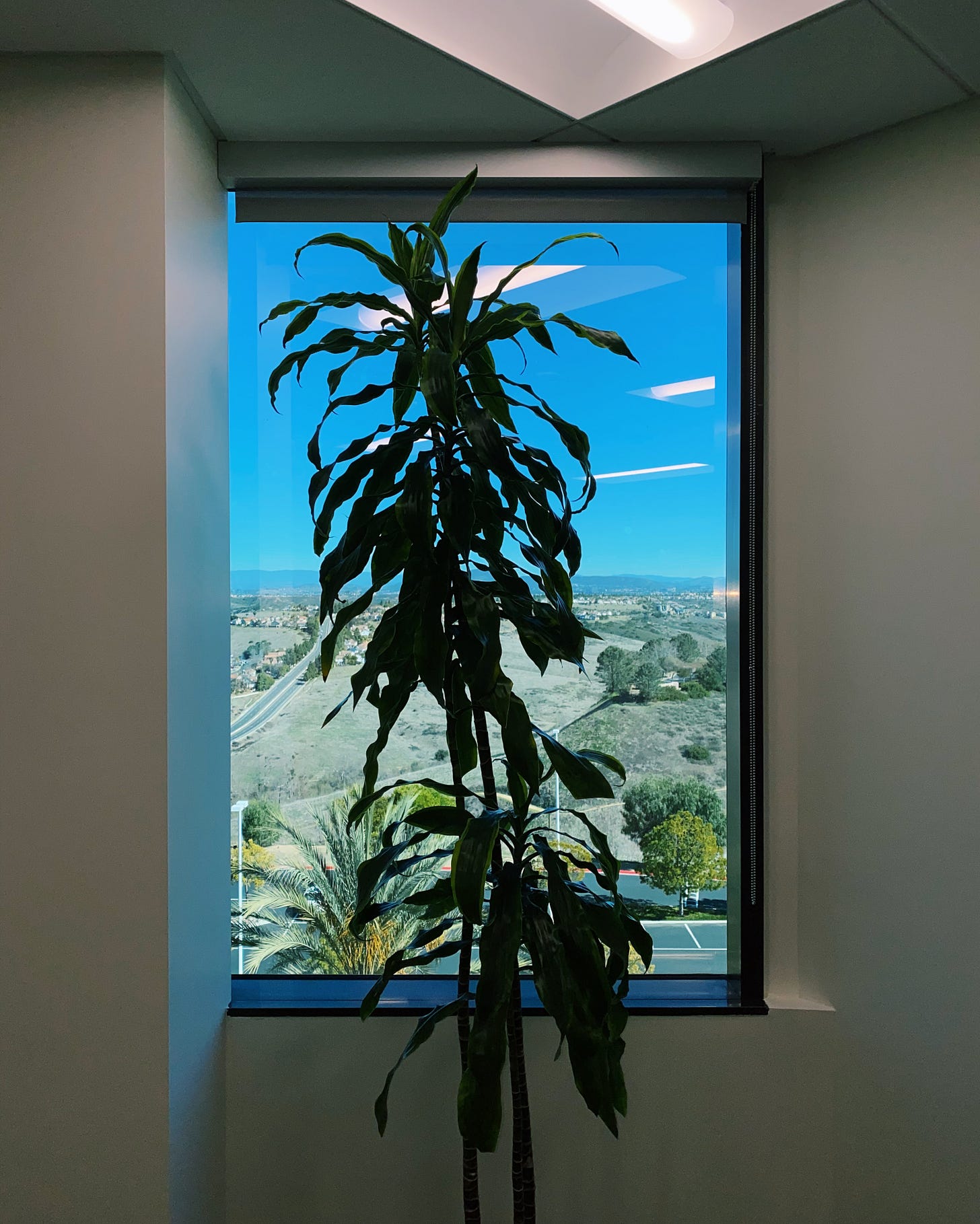Breaking Down

Boy, Twitter is awful lately, isn’t it? And not just awful in the way that we’ve been used to and talking about for what feels like forever, but newly and especially awful. I know it’s not just me; in the past month or so I’ve had a number of conversations with Twitter friends who have had to take breaks because it’s gotten to be too much.
It’s not unexpected, of course, or it shouldn’t be. After nearly a year of isolation we’re all (or as close to all as to make little difference) feeling like Bilbo at the beginning of Fellowship, “like butter scraped over too much bread.” Compounded tension and stress make everyone more brittle, more prone to fight or take out our distress on others. With vaccinations ramping up, case rates dropping significantly, and scientists starting to admit cautious optimism, it seems like some kind of normalcy is starting to become visible, even if it’s still months away. You might think that would be a boost to people’s spirits, and perhaps it is for some, but often the release of long-standing tension also comes with an emotional breakdown to one degree or another.
People talked about similar phenomena around the time of the inauguration last month (criminy, was it really just last month?), for example that long-standing anxiety doesn’t just go away, or that Twitter was likely to get more agitated as we reckoned with what we’d been through. I remember seeing one thread (which I can’t find again now) talking about how often it’s only after a trauma has passed that we feel safe enough to finally fall apart. And, of course, in many ways we are still being traumatized. We are still having climate disasters, children are still being imprisoned at the border, the President is still ordering drone strikes. It’s not nothing, though, that Trump is finally out of office.
I think it might be more than just a release of tension, though. I can’t help but think that the past four years have trained us to fight, even when we don’t need to. One of the most-shared things I’ve seen over that time has been the line from Elie Wiesel’s Nobel speech in which he says we must always pick a side. It’s a principle that has a lot of applicability right now—there is a lot of injustice in the world about which we must not be silent. But not every disagreement rises to the level of the torment, oppression, endangerment of human lives, and imperilment of human dignity that Wiesel was talking about, and something I know from experience (and from working with a therapist) is that having experienced abuse or trauma can leave us unable to distinguish between what is and isn’t actually dangerous—our bodies respond as though we are in mortal peril either way.
I’ve been thinking lately about Seamus Heaney’s poem “Punishment,” about his speaker who would “connive in civilized outrage” but also understands “the exact and tribal, intimate revenge.” I read this poem as Heaney processing what he saw and experienced during The Troubles, but perhaps also reckoning more broadly with human nature and the way that justice and revenge intertwine, how our motivations aren’t clean and separable, how a propensity for violence lives in all of us, no matter what we might think of our own ideals or sensitivities. I think perhaps something that has dismayed me lately is not just that we don’t admit that we’re looking more to inflict our suffering on others than to protect people or heal. Rather, what unsettles me is that some of us do admit it and call it virtue.
It isn’t for me to decide what is and isn’t virtuous, or to tell other people what to value or how to behave. And, truly, I want to give people a break. All of us have limited mental and emotional resources, and when those have been spent it’s hard, even impossible, to keep being gracious or compassionate towards others. Lately this mostly means spending less time on Twitter in general.
Ultimately, I’m not sure whether social media is sustainable for me—being on it often makes me feel more anxious or depressed. On the other hand, spending time away from it makes me feel disconnected and lonely. I don’t know whether I’ll be able to find a way to stay engaged in a way that feels healthy, but I do know that right now it’s not feeling good to be there.
#officegeometry

My first #officegeometry photo in over a year, taken on my last day at my job of 16 years. The new job will probably come with some new opportunities to add to the series but that will have to wait until the office reopens later in the year.
#BuyArtFriday
For your consideration, here are some items from this week’s #BuyArtFriday list:
- Stella Kramer recently released a new zine by artist Olga Ginzburg, titled Picturing Staten Island. It is only $10, and will likely sell out fairly quickly.
- Photographic artist Bridget Conn has some new mixed-media pieces available via Sulfur Studios, from $125.
- Photographer Alyssa Fujita Karoui’s gave an artist talk for Printed Matter's Virtual Art Book Fair about her handmade artist book Minor Revelations. The book is available for purchase for $100 + shipping.
- Photographer Justin Fiset’s new photobook Six Cinder Blocks on Top of a Wall is now available for pre-order from Zatara Press. There will also be a virtual artist talk with publisher Andrew Fedynak on February 27. The book will be released in June 2021.
- Photographers Claire Rosen and Yelena Strokin will be giving a virtual artist talk on March 2, to go along with the Fabled Flora group exhibition at Foto Relevance in Houston, TX. The exhibition (which also features work by Robert Langham III and Julia McLaurin) can be viewed online through April 16.
- FotoFika has launched a Kickstarter for their 2020 All Stars Trading Card project, which features images from 380 photography students. The campaign runs until 1:17 PM PDT on April 25.
- Photographer Alex Christopher Williams’s new photobook Black, Like Paul is available for pre-order from Kris Graves Projects, with versions from $28. The book will ship in March 2021.
- The Medium Festival of Photography starts next week, with online workshops and artist lectures and socially distanced in-person events from March 3 to 13.
That’s what I have for this week. If you have art for sale or any upcoming online events, please share your links in the comments, or email them to me at buyartfriday@sakeriver.com. And please support the arts however you can!
#MatteredToMe
Here are a few things that mattered to me recently:
- Marissa Lingen's short story "So your grandmother is a starship now: a quick guide for the bewildered" starts off with a light tone and a fun premise, but gradually and inexorably shifts to something more. I thought it was wonderful.
- I was so happy to see a special episode of The Big Loop drop this week. "Memory of a Dress" is, like so many of the stories on The Big Loop, wistful and beautiful, with superb writing, voice acting, and production.
As always, this is just a portion of what’s mattered to me recently. I’ve been starting to feel some glimmers of hope recently, starting to feel like things might get better in the future. We’re not there yet, but maybe it won’t be too much longer. I hope so, and for you, too.
Thank you, and take care.
-Mike